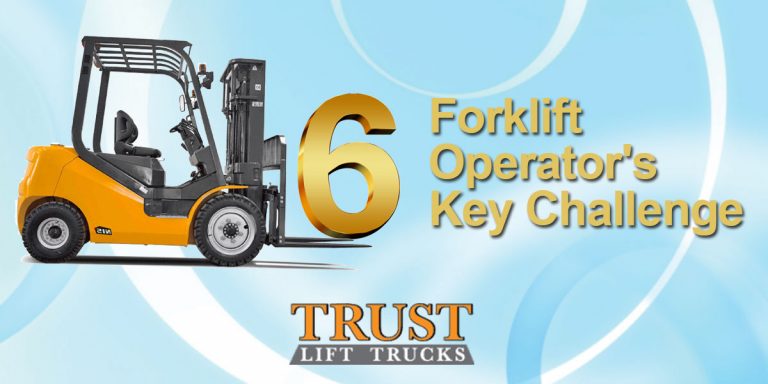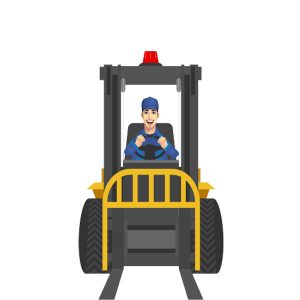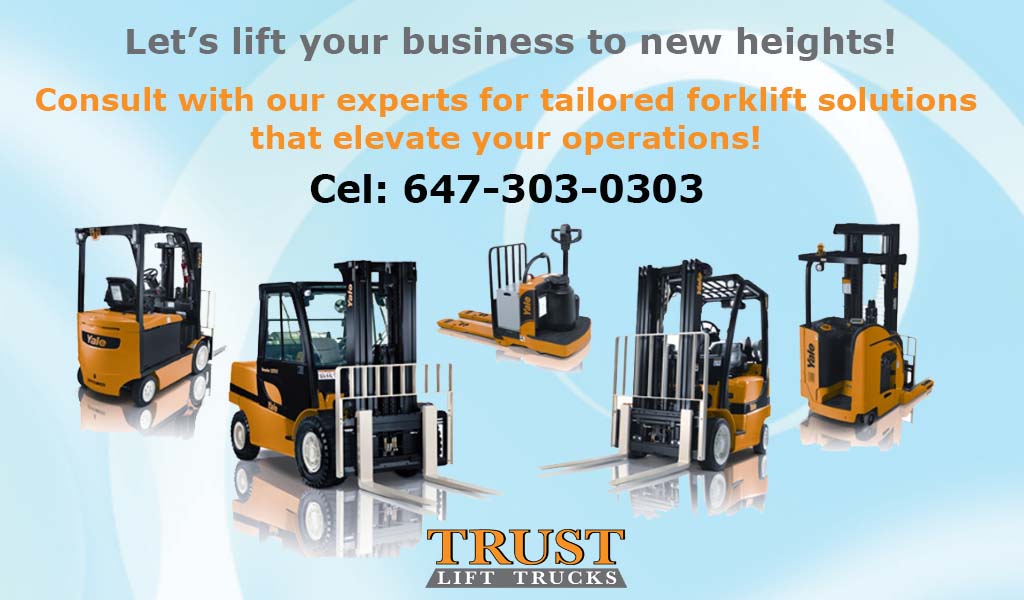6 Forklift Operator's Key Challenges

Forklift operators, often unsung heroes in industrial settings, play a critical role in ensuring the smooth and efficient operation of businesses. However, their work is fraught with a unique set of challenges that demand a combination of physical prowess, mental acuity, and adaptability. This article delves into the key challenges faced by forklift operators, shedding light on the complexities of their role and the importance of addressing these issues. However, operating electric and propane forklifts requires different skill sets and knowledge to ensure safe and efficient operation but the following points are the same.
1. The Physical Toll:
- Ergonomic Strain: Forklift operators often engage in repetitive tasks that can lead to musculoskeletal disorders. The constant lifting, twisting, and bending can place significant strain on the back, shoulders, and wrists.
- Fatigue and Exhaustion: The physically demanding nature of the job can contribute to fatigue and exhaustion, especially when operators work long shifts or in challenging conditions. This can increase the risk of accidents and reduce overall efficiency.
2. The Mental Demands:
- Concentration and Focus: Forklift operators must maintain a high level of concentration to avoid accidents and ensure the safety of themselves and others. The constant need to be alert and aware of their surroundings can be mentally taxing.
- Decision-Making Under Pressure: In fast-paced environments, forklift operators often have to make quick decisions, such as determining the safest route or avoiding obstacles. This requires a combination of skill, experience, and the ability to think on one’s feet.

3. The Technological Evolution:
- Advancements in Equipment: The forklift industry has seen significant technological advancements, with the introduction of automated guided vehicles (AGVs) and autonomous forklifts. While these innovations can improve efficiency, they also present new challenges for operators who must adapt to these changes.
- Training and Skill Development: As technology evolves, forklift operators need to acquire new skills and knowledge to operate and maintain these advanced machines. This requires ongoing training and development opportunities.
4. The Regulatory Landscape:
- Safety Standards: Forklift operators must adhere to strict safety standards and regulations to prevent accidents and injuries. Compliance with these regulations can be complex, and operators must stay informed about any changes or updates.
- Training Requirements: To ensure operator competency, many jurisdictions require forklift operators to undergo specific training programs and obtain certifications. This can add to the workload and financial burden on operators.
5. The Environmental Impact:
- Sustainability Concerns: The forklift industry is increasingly focused on sustainability, with a growing emphasis on reducing emissions and minimizing environmental impact. Forklift operators may be required to adopt more eco-friendly practices, such as using electric or hybrid vehicles.
- Infrastructure Challenges: In some cases, forklift operators may face limitations due to infrastructure constraints, such as narrow aisles or limited space. These challenges can make it difficult to operate efficiently and safely.
6. The Psychological Impact:
- Stress and Burnout: The demanding nature of the forklift operator role can contribute to stress and burnout. The constant pressure to perform, combined with the physical and mental challenges, can take a toll on operators’ well-being.
- Isolation and Loneliness: Forklift operators often work independently, which can lead to feelings of isolation and loneliness. This can have a negative impact on mental health and job satisfaction.
Conclusion
In conclusion, addressing these challenges requires a multifaceted approach that involves a combination of improved training, ergonomic interventions, technological advancements, and supportive work environments. By prioritizing the well-being and development of forklift operators, businesses can create a safer, more efficient, and more sustainable workplace. Please be reminded that Trust Lift Trucks knowledgeable staff are ready to assist you in selecting the right forklift for your specific applications. We are just a call away from you in Toronto and GTA.
